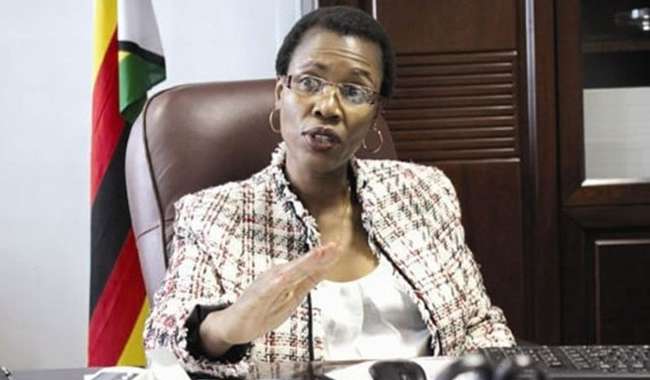Zera closes in on illegal fuel imports

Business Reporter—
THE Zimbabwe Energy Regulatory Authority has moved closer to ending smuggling of fuel into Zimbabwe following the close of window yesterday for submission of private tenders for marking of all imported fuel. Marking of fuel, Zera said, will make it easy to detect all irregular fuel imports, which will compel dealers to declare petroleum imports, pay duties and taxes, resulting in enhanced accountability for planning purposes.
According to Zera, major problems that prompted the need to mark fuel imports included smuggling, adulteration, transit fuel dumping, product theft and inter-company fuel dumping, which the industry regulator said was difficult to estimate due to criminal and underhand nature of the activities.
Zimbabwe currently has about 37 registered oil marketing companies among them Egen, Zuva Petroleum, MAPS, PUMA Energy, Sakunda Supplies, Petrotrade, CMED Fuels, Comoil (Pvt) Limited, Total Zimbabwe, RVC, Redan Kerosene, Trek Petroleum, Strauss Zimbabwe and Xtreme Oils.
Zera chief executive Engineer Gloria Magombo said yesterday that the period for submission of expressions of interest closed on Monday and that evaluation of bids would begin to select the agent to undertake the fuel marking.
“The submission of expressions of interest closed yesterday and we still have to do the adjudication and evaluation of the bids to choose the winner. It will help reduce fuel smuggling and enhance the quality of the product.
“While marking will help with reduction of smuggling, where this has been implemented, the biggest benefit was sudden increase in revenue from duties and taxes due to an increase in declaration of imports,” she said.
Zimra is on record saying that fuel smuggling is rampant and estimates that potential revenue running into hundreds of millions of dollars is lost through false and under declaration of imported fuel to avoid paying duty.
This was corroborated by reduction in transit fuel cargo declarations, which declined by 67 percent, since Zimra introduced electronic tracking in May this year.
Eng Magombo said apart from helping to curb smuggling, marking fuel would help reconciliation of figures and collation of data, critical tools for planning purposes.
“It will help provide more critical information and data, which is critical for planning and analysis in terms of economic activity,” the Zera CEO said.
Fuel marking will also enable Zimbabwe easily reconcile figures of fuel consumed or imported over specific periods, which is critical for planning. To that end, areas concerned include Feruka Oil Pipeline, Beira to Feruka, Mutare, and Zimbabwe’s biggest fuel gantry located in Msasa, Harare.
About 600 sites will need to be administered with regard to the marking of fuel.
While the figures are a moving target, in 2015 Zimbabwe imported 873 million litres of diesel, 505 million litres petrol, 51 million litres paraffin and 27 million litres of Jet A1. In 2016, Zimbabwe imported 733 million litres diesel, 444 million litres petrol, 90 million litres paraffin and 48 million litres Jet A1.
Engineer Magombo said with fuel marking, it would be easy to determine adulterated fuel, false declarations and fuels which would have evaded paying Zimra taxes, which the taxman estimates to run into millions or over billions.
“We can pick that up based on marking, when a different mark occurs, we automatically know that the fuel was not declared,” Eng Magombo said.
According to Zimra, a total of 100 fuel tankers are currently being investigated amid suspicion that they were cleared as carrying non-dutiable fuel, Jet A1, yet the vehicles could have been carrying petrol or diesel.












Comments